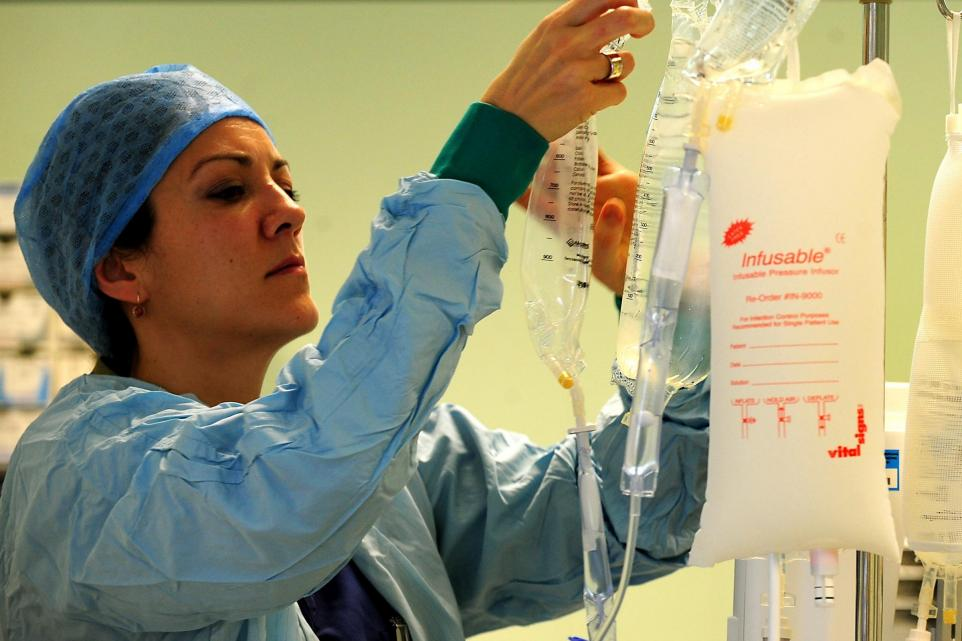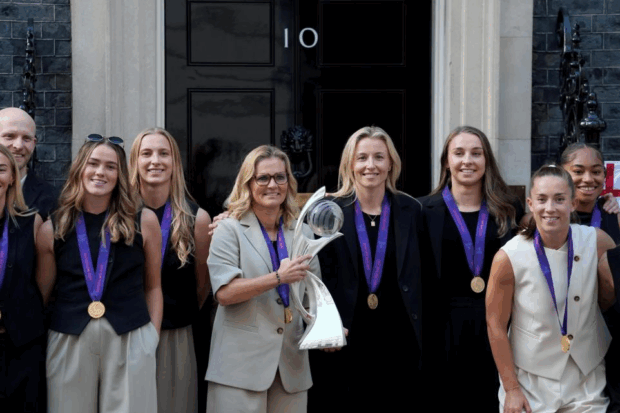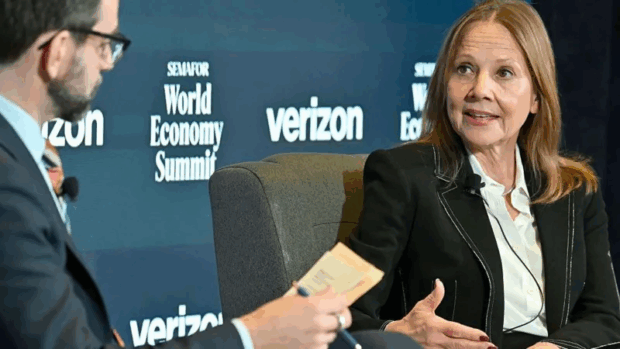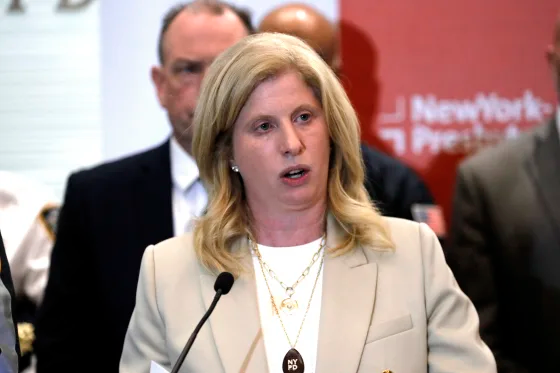
A Labour MP with medical background has highlighted concerns about training opportunities for UK medical graduates, as the British Medical Association prepares to address the issue at its annual conference.
Dr Peter Prinsley, a former ENT specialist representing Bury St Edmunds and Stowmarket, has drawn attention to the challenges facing British medical graduates seeking specialist training positions. The competition has intensified due to limited available places and increased applications from international medical graduates.
Current statistics from the British Medical Association indicate approximately 20,000 applicants may not secure training positions this year if post numbers remain unchanged. The data shows 4.7 applications per available post, representing a significant competitive landscape.
The figures reveal 33,108 medical graduates applied for approximately 13,000 positions, comprising 12,305 UK graduates and 20,803 overseas applicants. International medical graduate numbers have doubled over two years, while UK applications increased by one-third.
This trend reflects the NHS’s growing demand for doctors to address hospital staffing needs. In 2023, 68% of new NHS doctors were non-UK graduates, compared to 47% in 2017.
Dr Prinsley explained the situation: “The problem is that we’ve got a distorted competition ratio for the professional training slots. It should be a reasonable expectation that if you graduate from the UK medical school, you should have a reasonable chance of getting into higher professional training.”
He acknowledged competition should exist but argued current ratios have become “hugely distorted by the requirement of the hospitals to provide junior doctors to staff their rotas.”
Health Secretary Wes Streeting recently announced UK medical graduates would receive priority for NHS positions under the upcoming 10-year health plan. Speaking to doctors.net.uk, Streeting stated: “I want to make sure that if you go through your medical training here in the UK, that you’re able to work in the UK.”
Streeting described the current situation as “completely bonkers” given the investment in training doctors without ensuring they can remain in the UK workforce.
Unsuccessful applicants for specialist training enter “foundation three” status, working as locums or applying directly to individual trusts. Some choose to pursue opportunities abroad, with concerns about potential permanent relocation.
The General Medical Council’s latest workforce report noted the growing number of doctors not entering specialty training represents a “sizeable” workforce segment.
Dr Prinsley proposed solutions including prioritizing UK graduates for training slots and utilizing physician associates for roles currently filled by overseas recruits. He suggested: “We just need to make a situation in which we prioritise the UK training slots for the UK medical graduates. If we’ve got any slots we can’t recruit to, then, of course, we extend it.”
He outlined a two-pronged approach: “We need less international medical graduates being recruited by the hospitals. We need to find an alternative way of staffing the rotas to run the hospitals.”
The British Medical Association will address this issue at its Liverpool conference, with East Midlands members submitting a motion requesting the Government “significantly increase the number of training posts available for resident doctors.”
This echoes February correspondence from the Royal College of Physicians stating “UK graduates must be supported and enabled to enter postgraduate training schemes to continue their training in the NHS.”
A Department of Health and Social Care spokesperson responded: “We are committed to building home-grown talent and ensuring UK medical graduates can find work in Britain – our 10 year health plan will tackle bottlenecks in the system. Internationally-trained staff remain an important part of the workforce but we should not be over reliant on overseas recruitment.”


















Be the first to leave a comment